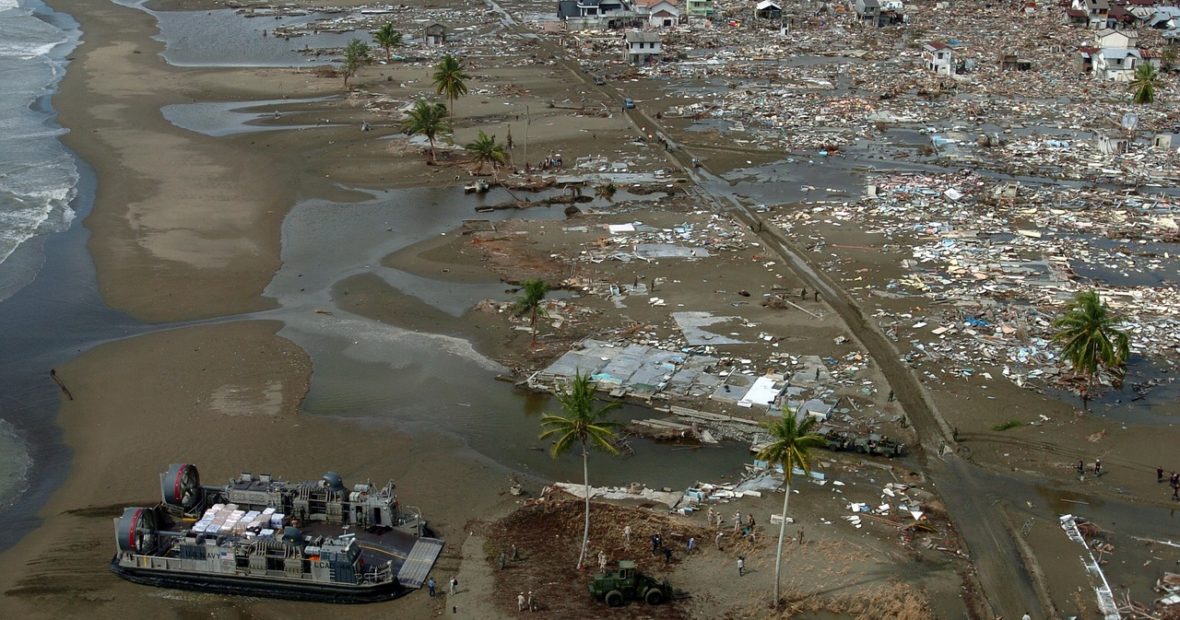In an article published by the International Review of the Red Cross (June 2005, 858), Elizabeth Ferris examines the role of faith-based organizations, particularly Christian organizations, in humanitarian assistance within the broader context of the NGO world. Following an overview of the historical development of these organizations, the article examines the current context in which faith-based and secular humanitarian organizations operate. The different roles played by these organizations are explored, as are some of the difficulties they encounter. The article suggests that much more work is needed in the area of capacity-building of local humanitarian organizations and in the coordination of NGO programmatic work.
Among her conclusions are that “Faith-based organizations are unique players in the international humanitarian community in that they are rooted in their local communities and yet have global reach. Their large constituencies give faith-based organizations the potential to play a powerful role in advocacy and public awareness. With their presence on the ground, in the most remote parts of every country, they are well-positioned to take action when emergencies arise. As illustrated most recently in the tsunami emergency, local faith communities are among the first to respond to the immediate humanitarian needs of affected people — long before international organizations are able to move relief assistance in. However, the efforts of local organizations, whether faith-based or secular, seldom receive the media attention given to the United Nations or to international NGOs.”

